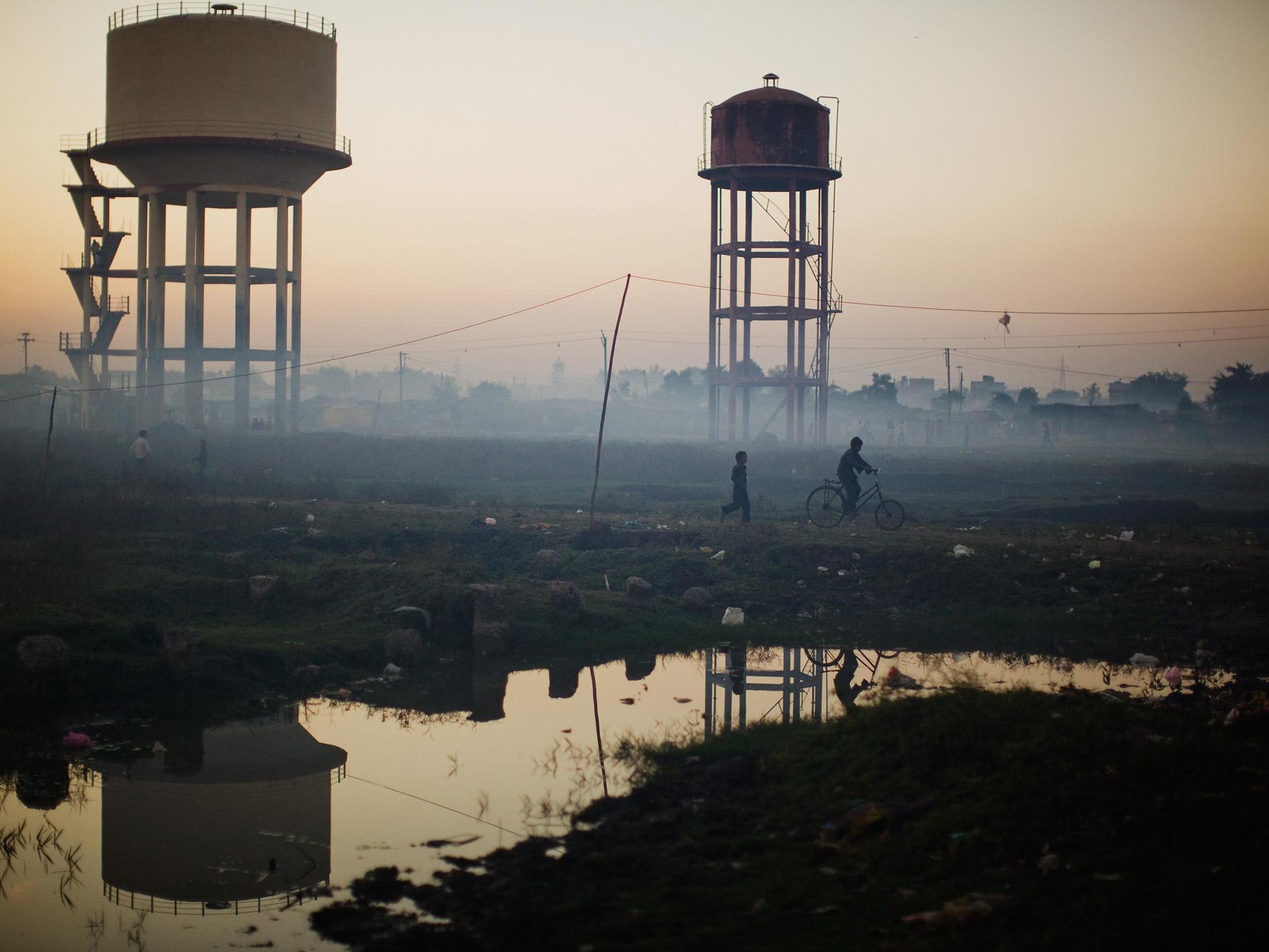A convoy of trucks took away 337 metric tonnes of hazardous waste from the site of the Bhopal gas tragedy, 40 years after what is regarded as the world’s worst industrial disaster.
The trucks left the abandoned Union Carbide plant in the capital of India’s Madhya Pradesh state on Wednesday night despite protests by workers at the disposal plant the waste was destined for.
A gas leak from the pesticide plant on the night of 2 December 1984 wound up killing over 20,000 people – activists working in the affected community put the toll much higher – and poisoning half a million.
The toxic waste was transported under heavy security for disposal at a plant in Pithampur, 143 miles away, Bhopal gas tragedy relief and rehabilitation department director Swatantra Kumar Singh said.
40 yrs after the world's worst ever industrial disaster, the 1984 Bhopal Gas Tragedy, 337 MT toxic waste lying at the closed UCIL pesticide plant in Bhopal, starts being shifted in containers to Pithampur in Dhar district. @NewIndianXpress @TheMornStandard @santwana99 pic.twitter.com/jU0XFJDWfW
— Anuraag Singh (@anuraag_niebpl) January 1, 2025
“The 12 container trucks carrying the waste set off on a non-stop journey around 9pm,” he said. “A green corridor was created for the nearly seven-hour journey of the vehicles to the Pithampur industrial area in Dhar district.”
Nearly 100 workers toiled over four days to load the trucks. The workers “underwent health check-ups and were given rest every 30 minutes”, Mr Singh said.
“The 337 metric tonnes of waste will undergo scientific disposal within three to nine months,” he added.

Five district administrations were put on alert and some 700 security personnel were deployed to move the convoy, The Times of India reported.
The long-pending disposal of the toxic waste began after the state High Court last month set a four-week deadline to clear it away.
“Are you waiting for another tragedy?” the court asked while rebuking authorities for not cleaning up the Union Carbide plant site.
A trial run to dispose of the waste had seen 10 metric tonnes transported away in 2015.
The impending arrival of the toxic waste in Pithampur, a small town near Dhar city, had sparked concerns and protests from the local population.
Many workers at the Pithampur industrial area and their relatives feared for their health and safety, and some had even requested leave. They also held a protest march on Sunday.
Rachna Dhingra, a campaigner for survivors of the gas tragedy, said the solid waste would be buried in a landfill after incineration, likely contaminating local water sources. “Why is the polluter, Union Carbide and Dow Chemical, not being compelled to clean up its toxic waste in Bhopal?” she asked.
The Union Carbide factory was built in 1969 and for years seen as a symbol of India’s industrialisation, generating thousands of jobs for the poor and, at the same time, manufacturing cheap pesticides for millions of farmers.
A settlement with the Indian government, signed in 1989 and overseen by the Supreme Court, saw Union Carbide pay out a total of £367m in compensation.
Dow Chemical, the American multinational which now owns Union Carbide, has been under pressure from campaigners to pay additional compensation to the survivors of the gas leak disaster.







